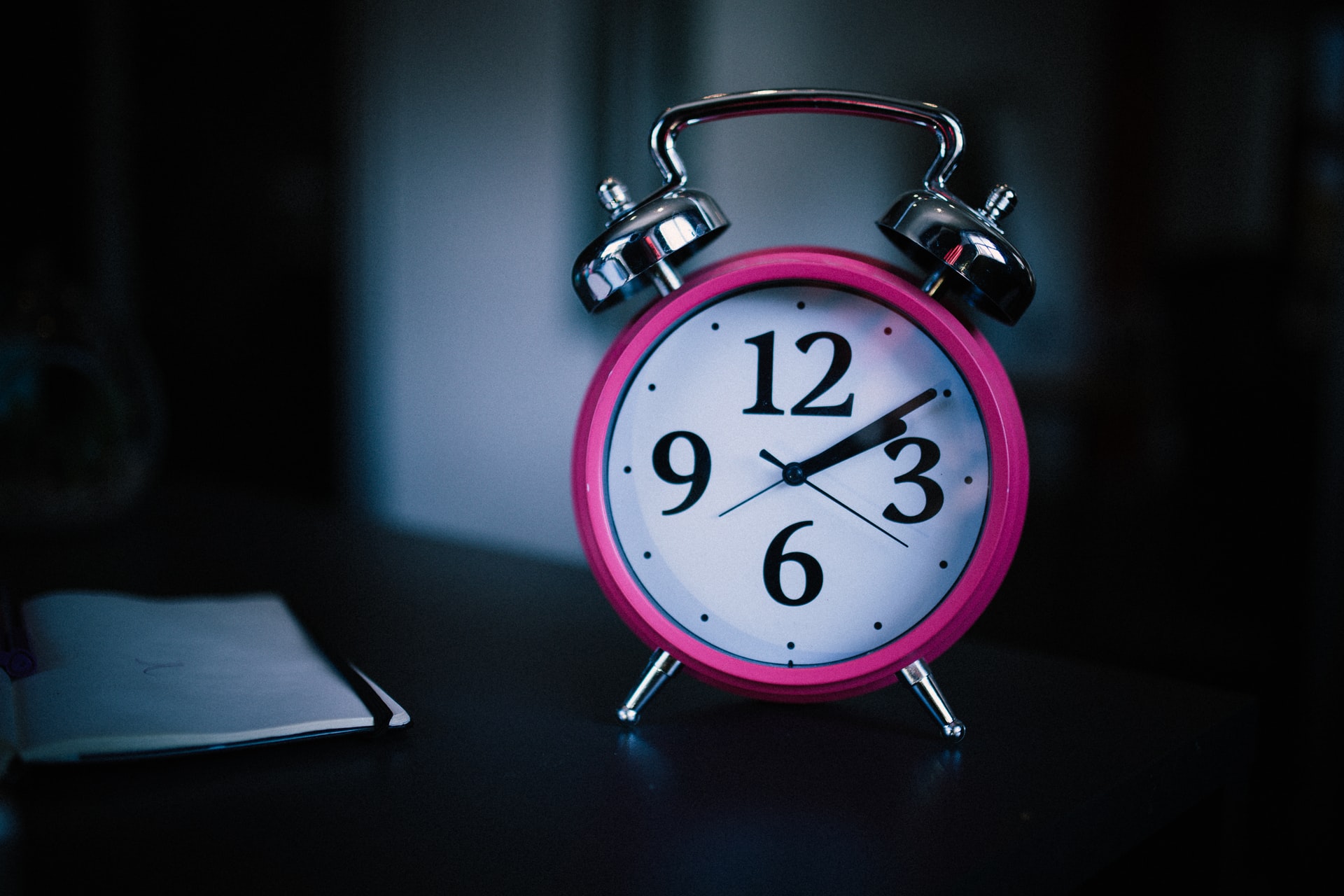Melatonin is released by the body in order to assist with the circadian rhythm.
The hypothalamus is located close to the pituitary gland and it has the SCN or suprachiasmatic nucleus which is mainly in charge of regulating the circadian rhythm.
This rhythm is regulated according to sunlight levels every 24 hours. So, in the morning, at dawn, it releases hormones in the body that help you to wake up.
Then, when the sun goes down and the sunlight levels reduce, the SCN helps the body to get ready for sleep by making the pineal gland aware of this so that it can release melatonin. If you need some help take a look at our sleep gummies.
Melatonin is often called the darkness hormone since the pineal glad only produces and releases it during the evening. Keep in mind that when the body is exposed to light, this is inhibited.
Melatonin impacts many bodily functions and these include:
- Digestion
- Reproduction
- Blood pressure
- Bone formation
- Immune function
- Metabolism
At night, if a child’s body doesn’t produce sufficient melatonin, then they may get insomnia or another disorder known as delayed sleep phase disorder. Basically, these issues cause an inability to fall asleep at night, even when tired. This particular disorder usually occurs in teenagers.
Sleep Remedies
Before a child is given melatonin, it may be best to first try lifestyle and behavioral changes first.
Be sure to try the following in order to induce earlier sleep that lasts throughout the night:
– Avoid any napping in the day
– Waking up and sleeping at the same time every day including weekends
– Exercising every day
– Consuming dinner a minimum of 2 hours before it is time to sleep
– Avoid consuming food or drinks that have sugar and caffeine before bed
– Avoid looking at devices such as televisions, computers and phones a minimum of 1 hour before it is time for bed
– Ensure the bedroom is conducive to sleep by making it dark, cool and quiet
Here is a good guide to FAQs about melatonin

